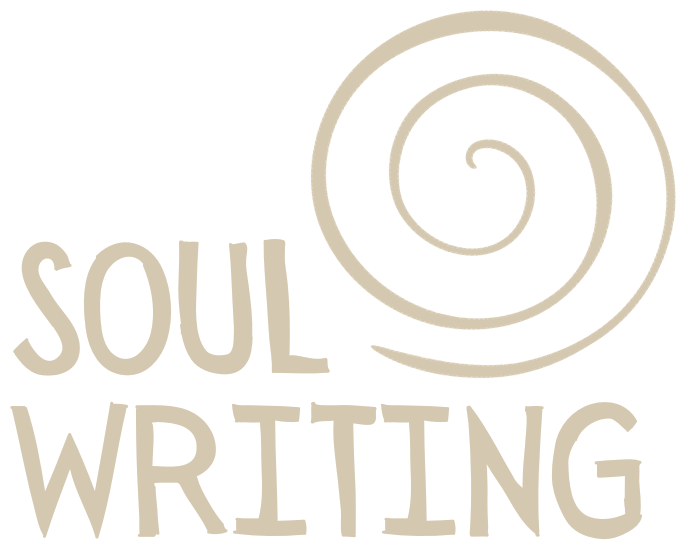Making it safe to come home
“I started the Chilmark Writing Workshop after I had been to writing groups that destroyed me and everyone else in the room. I learned early on that creativity requires safety.” – Nancy Aronie
Nancy is my teacher. Her work is the foundation of my own. At the beginning of every workshop she tells a fleshed-out version of the quote above. Every time she does—and she has thousands of times—she’s back in the scene, sobbing in the moments of heartbreak, genuinely laughing at herself over wondering how she’d lose 15 pounds by Wednesday evening, when elite Connecticut writing group she was invited into would meet.
I won’t tell the whole tale because you have to hear it, plus the quote sums it up. She was destroyed. And whether they knew it or not, everyone else in that snooty circle was destroyed too. Because no matter how brilliant their writing, only criticism was allowed in room. Only deficit was acknowledged. Their expression was shaved down, strangled, constricted, suffocated. Nancy herself stopped writing for two years after her own piece was torn to shreds.
When I met Nance in 2002, she had long since turned this devastating lesson into gold by living the truth at the heart of it: that we’re only going to keep writing if it’s safe for us to do so. We feel safe when we trust we won’t be demolished. This trust comes through one simple guideline: when we’re giving feedback to the writer, we only tell them what we loved about their piece.
The revolutionary feeling of welcome
In a few hours in that echoey event hall, held by Nancy and her simple set of ‘rules,’ I learned that not only was my writing valid, but that I was. For most of my life I’ve floated a millimeter above the earth, never feeling at home, like a real person, like I had a right to be here. Having been adopted in infancy—or, more specifically, having been rejected by the person who cooked me for nine months—appears to be at the root of this. No matter how much love I received after that (and there was plenty) I was never going to really feel it. Something about my very existence always felt incorrect.
The unconditional acceptance that Nance and the rest of the group offered in response to my writing that day didn’t heal that wound—nothing ever will—but it shifted something irreversibly. For a moment or more I touched squarely down on the planet and understood what it was OK. I was OK. My experiences were perfectly valid. Interesting even. I had something to offer.
Our soul is carried in our voice
What was different about this time, this particular welcome? My adoptive family most certainly welcomed me with love and fanfare. I grew up adored, protected. There was no shortage of affection, support, nourishment. I was starved for nothing, so why did this feel like a feast proffered after a 24-year fast?
It was this: my voice that was being welcomed. My very life force, carried on the wings of my words, was being seen and regarded. Before that I don’t know that anyone listened or cared much about what was true for me—even if it was just a description of what it was like to sit at the kitchen table eating dinner with my family as a kid (the first prompt Nancy gave).
Yes, said the group. Your story is true. It is extraordinary. We love it and you. Tell us more.
What I received from the group that day—and many other groups like it since—was more than validation. It was a vital anchoring that gave my soul purchase here on earth, where it had never before felt like it belonged. My words, my stories didn’t have to float in the space above me any longer, they could live in me. My body and essence were united through my words. For a few hours, I was whole.
The voice that knows
That’s how the healing happened for me, but we all come with our own version of this: of ways we were separated from our essence early on. We come with the longing, whether we know it or not, for reunion.
What makes this reunion so illusive is that there are remarkably few places in the world where we can simply exist without the imperative to improve. It starts in grade school – “grade” being right there in the name. That’s what we’re after: good marks. Approval. To do it the way the world at large believes it should be done. Doing anything to avoid criticism and getting it anyway. Learning to accept it, appreciate it even. Living according to how we are made wrong.
Meanwhile the voice that says—that knows—we are fine just as we are gets piled upon, muffled, til we can hardly hear it. Til, for some folks, it goes altogether silent.
Welcome home
To me, creativity simply means allowing something true to live in and through us. Criticism has its place, but not when we are inviting home truths that we’re not even sure we believe yet. Not when our voices, creaky from attrition, begin—perhaps for the first time—to utter what we know.
Though it took many more years to come to fruition, that day 21 years ago planted the seed of a calling: to create spaces for folks to feel welcomed the way I did. To start to believe that you and your voice have a place in this world—a very necessary one.
Writing was, is, will always be the medium most readily available to me, so that’s the vehicle for creating safety. Really, though, this isn’t about writing. It’s about each of us being reunited with ourselves. It’s about sitting in a warm, quiet stillness, and allowing those parts of us that wandered away long ago to make their way home.
You and your voice are so very welcome at the next Mini-Retreat.
